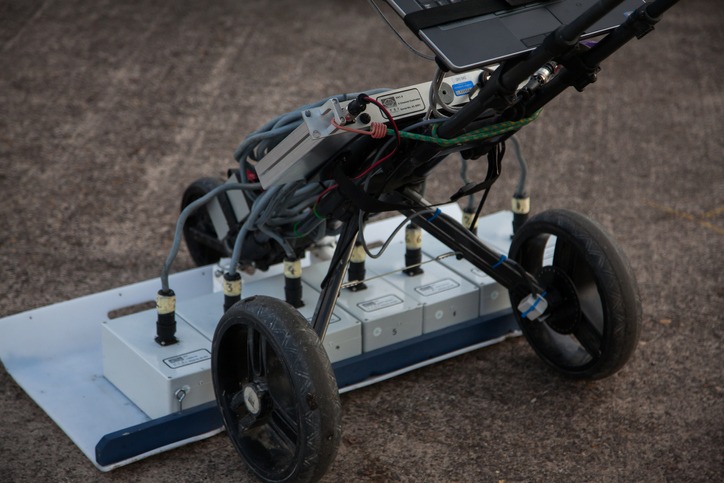GPR, or Ground Penetrating Radar, is a technology used in plumbing repair to detect underground water and sewer pipes and other buried utilities. GPR uses radio waves to measure the distance between two points on the ground surface and create an image of what lies beneath. This technology is used to locate existing pipes, plan for new ones, and detect water leaks and other sources of damage.
How Does GPR Work?
GPR works by transmitting radio waves into the ground and recording their reflections off buried objects. The signal is then mapped onto a computer screen, which allows technicians to visualize what lies beneath the surface. By measuring the time it takes for the transmitted signal to return, technicians can accurately determine the depth and location of utilities.
10 Benefits of GPR for Plumbing Repair
Quickly and accurately locate utilities: GPR can quickly and accurately identify the location of water, sewer, or other utility pipes without digging. It saves time and money as technicians don’t rely on traditional exploration methods such as probing with a metal rod. For example, when locating a water line, the conventional way of finding it is to explore with a long metal rod until it feels like you’ve hit something. It’s very easy to miss the mark when using this method. In comparison, GPR quickly pinpoints the exact location of the pipe without guesswork.
Locate potential sources of damage: GPR is a tool for discovering underground damage, such as leaks, cracks, and obstructions. By monitoring the transmission of radio signals via an electromagnetic field, technicians can locate potential sources of damage used in the past. It allows them to plan for new pipes or upgrades to systems that may be affected by damages below the surface.
Make accurate estimates: GPR can also determine how much to charge a customer for water damage remediation. This solution allows the technician to value his work without estimating the amount of work. Instead of guessing how much it would cost to replace pipes and fixtures, GPR will enable technicians to find the exact amount of money needed for repairs.
Safely detect underground obstacles: GPR can safely detect underground obstacles, such as rocks and roots. By transmitting radio waves into the ground, technicians can locate unexpected objects lurking below. It prevents damage to pipes and other buried utilities by warning them early of an impending problem.
Update existing maps: GPR can also be used to update the maps that older buildings may have on file. It is beneficial to a home or business owner as it allows technicians to update any old surveys without having to redo the mapping process entirely.
Access difficult locations: GPR allows technicians to access difficult-to-reach places, such as those beneath buildings or roads. It makes it much easier to locate and repair pipes without digging up an entire area.
Reduce stress on infrastructure: By quickly and accurately locating pipes and other utilities, GPR can help reduce the strain on existing infrastructure. It helps extend the life of water lines, sewer mains, and other underground utility systems such as ground radar Sydney.
Minimize disruption: GPR can help minimize the disruption caused by plumbing repair projects as technicians can quickly locate and fix problem areas without having to dig up large chunks of land.
Reduce environmental impact: By reducing the need for extensive digging and excavation, GPR helps reduce the amount of waste generated from plumbing repair projects, limiting the environmental impact.
Cost savings: GPR can help save costs by allowing technicians to identify problems more accurately and fix them quickly without excavating large land areas. It helps reduce labour costs, materials costs, and other expenses associated with plumbing repair projects. By using GPR services, homeowners and businesses can save money over time.
In conclusion, GPR is a useful technology for various plumbing repair projects. It allows technicians to quickly and accurately locate utilities and other underground structures without needing traditional exploration techniques such as probing with a metal rod or excavating large land areas. Beyond that, it also helps reduce costs, minimize disruption and environmental damage, and extend the life of existing infrastructure. GPR is an essential tool for any plumbing repair project!

